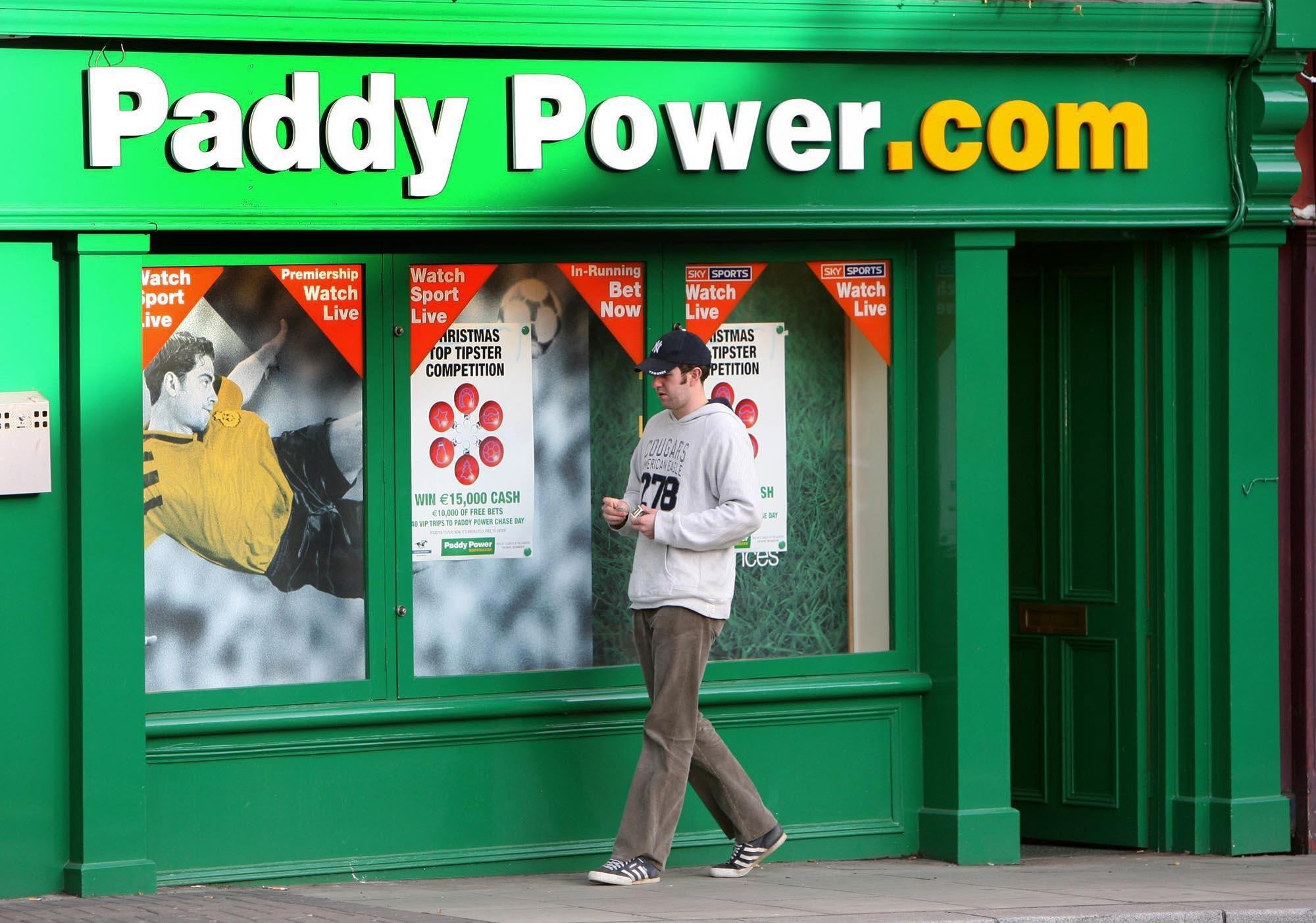Paddy Power ‘Do you think I will end up looking like my mum?’ ad banned
Viewers had complained that the ad portrayed gambling as taking priority in family life.

A Paddy Power ad featuring a man responding inappropriately to his partner asking him if he thought she would end up looking like her mother has been banned for portraying gambling as taking priority over family life.
The TV and on-demand ad, seen in March, showed a young man using his phone to gamble on Paddy Power’s ‘Wonder Wheel’ game while in a living room with his girlfriend’s family.
He briefly looked away from his screen to thank his partner’s mother for bringing him a drink, before his partner asked him: “Do you think I will end up looking like my mum?” to which he replied: “I hope so,” before appearing to realise what he had said was inappropriate.
We recognised the ad was light-hearted in tone but considered that most viewers would understand that the young man behaved in a way which was not appropriate at a family event because he was distracted by gambling
A voice-over said: “So no matter how badly you stuff it up, you’ll always get another chance with Paddy Power games.” He then continued to look at the game on his phone.
The ad drew four complaints, including two that they showed someone so occupied by gambling that they made an inappropriate remark in conversation, and were irresponsible for portraying gambling as taking priority in life.
PPB Counterparty Services, trading as Paddy Power, said the ad implied a commitment to family life by portraying the scene of a traditional family setting where a young man had dutifully gone to his girlfriend’s parents’ house for Sunday lunch.
They said the ad was intended to be light-hearted in tone and the young man did not display signs of problematic gambling behaviour at any stage.
The Advertising Standards Authority (ASA) said: “We considered that the humour in the ad relied on a gaffe caused when the man was distracted by the gambling game, which created a comedic moment of awkwardness and embarrassment.
“We recognised the ad was light-hearted in tone but considered that most viewers would understand that the young man behaved in a way which was not appropriate at a family event because he was distracted by gambling.”
“Although we accepted it was a brief moment, because we considered most viewers would understand that distraction caused by gambling had caused an embarrassing gaffe at a family event, we therefore concluded that the ad portrayed gambling as taking priority in life over family.”
The ASA ruled that the ads must not appear again in their current form, adding: “We told Paddy Power to ensure that future ads did not portray gambling as indispensable or as taking priority in life, or portray, condone or encourage gambling behaviour that was socially irresponsible.”
A Paddy Power spokesman said: “Paddy Power is committed to responsible practice and it is always our intention to comply with the advertising codes.
“We accept the decision of the ASA and will consider its broader guidance moving forwards.”
Bookmark popover
Removed from bookmarks